Editor’s Note: Lent is a season of personal reflection. As Advent provides a time to prepare our hearts and minds to celebrate the birth of our Savior, Lent offers us time to reflect on our sin, and the need for our Savior’s death and resurrection on the cross.
This year, our weekly reflections will focus on the mercy of God. In His goodness, God has displayed mercy towards us from the start. He knew sin would enter the world and created a means to have right-standing with Him. In the coming weeks, we will spend time remembering God’s mercy and His pursuit of us—from our sinfulness and need, to the institution of sacrifices for the Israelites, culminating with the perfect sacrifice of Jesus Christ on the cross. God has been always kind, always just, always loving, always merciful.
This week we focus on sin. To understand the depth of God’s mercy, we must also understand the weight of our sin.
Behold, the Lord's hand is not shortened, that it cannot save,
or his ear dull, that it cannot hear;
but your iniquities have made a separation
between you and your God,
and your sins have hidden his face from you
so that he does not hear.
For your hands are defiled with blood
and your fingers with iniquity;
your lips have spoken lies;
your tongue mutters wickedness.
No one enters suit justly;
no one goes to law honestly;
they rely on empty pleas, they speak lies,
they conceive mischief and give birth to iniquity.
They hatch adders' eggs;
they weave the spider's web;
he who eats their eggs dies,
and from one that is crushed a viper is hatched.
Their webs will not serve as clothing;
men will not cover themselves with what they make.
Their works are works of iniquity,
and deeds of violence are in their hands.
Their feet run to evil,
and they are swift to shed innocent blood;
their thoughts are thoughts of iniquity;
desolation and destruction are in their highways.
The way of peace they do not know,
and there is no justice in their paths;
they have made their roads crooked;
no one who treads on them knows peace.
Therefore justice is far from us,
and righteousness does not overtake us;
we hope for light, and behold, darkness,
and for brightness, but we walk in gloom.
We grope for the wall like the blind;
we grope like those who have no eyes;
we stumble at noon as in the twilight,
among those in full vigor we are like dead men.
We all growl like bears;
we moan and moan like doves;
we hope for justice, but there is none;
for salvation, but it is far from us.
For our transgressions are multiplied before you,
and our sins testify against us;
for our transgressions are with us,
and we know our iniquities:
transgressing, and denying the Lord,
and turning back from following our God,
speaking oppression and revolt,
conceiving and uttering from the heart lying words.
Isaiah 59:1-13
Reflect:
Reflect on the shift in this passage on those committing transgressions from second/third person (you/they) to first person (we/us). Who do you think about when you read verses criticizing “transgressors,” “sinners,” etc.? Is it ever yourself?
Timothy Keller says that the gospel message of Christianity is “We are more sinful and flawed in ourselves than we ever dared believe, yet at the very same time we are more loved and accepted in Jesus Christ than we ever dared hope.” Why is it so critical to the core of Christianity that we realize sin dwells in “me” and is not just something that “those bad people do?”
Later, the apostle Paul says, “the wages of sin is death” (Romans 6:23). What does the Isaiah 59 passage portray as the results of sin and iniquity? How could those things be equated to a spiritual, relational, or physical “death?”
The next part of the Romans 6:23 verse proclaims, “but the free gift of God is eternal life in Christ Jesus our Lord.” What is the difference between “wages” and a “gift?” How does the Isaiah 59 passage depict our need for someone outside of ourselves to help us in our sinful state?
Additional reading: James 1:14-15; Romans 1:29-31; Romans 5:12-14; Ephesians 2:1-3

